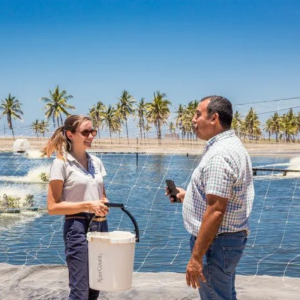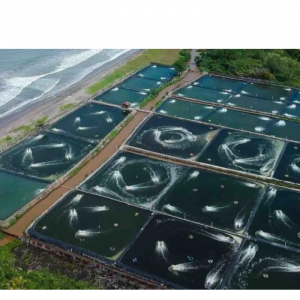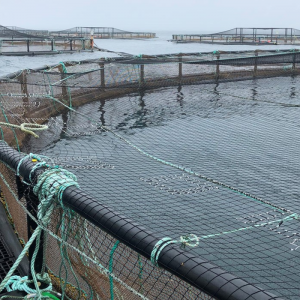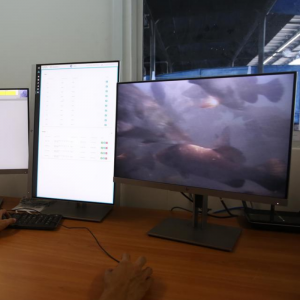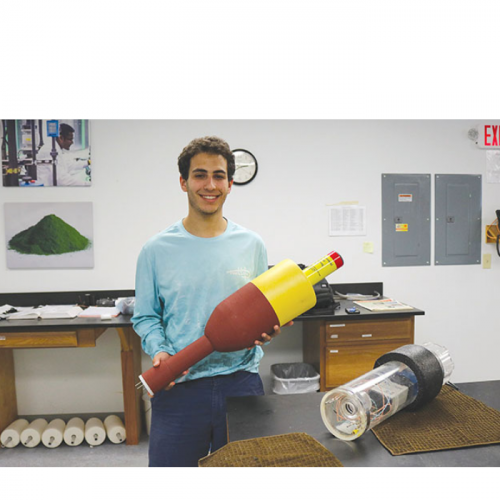
Maine Engineer Develops Low-cost Monitoring Buoy
| Mon, 16 Nov 2020 - 16:37
Environmental monitoring systems can be as simple or as complex as anyone would like them to be, depending on one’s purpose. But for University of Maine engineering alum Joshua Girgis, a key requirement was to come up with one that oyster and seaweed farmers can afford.
Girgis is one of 30 interns at Maine Aquaculture Innovation Center. Under the guidance of Dr. Chris Davis, director of the Maine Aquaculture Innovation Center, Girgis has developed a low-cost environmental monitoring buoy.
Environmental buoys are deployed in freshwater or marine environments to gather information on water conditions such as ocean temperature and salinity. For farmers, this helpful information guides them as to where to site their farms or when to put seed oysters and kelp in the water, for instance.
Also read: Fish Back On The Menu with Oxair’s Yield Boosting Technology
Based on the current prototype Girgis has produced, each farmer is expected to shell out $2,000 for the gadget and $7 monthly operating fee.
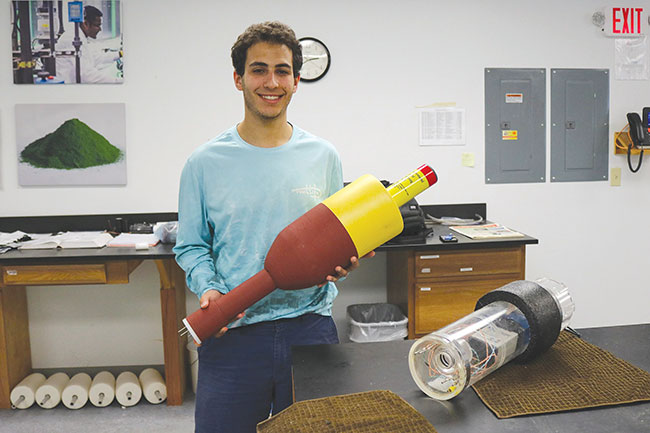
Joshua Girgis holds prototype of the environmental monitoring buoy he developed Photo: Maine Aquaculture Innovation CenterField-testing has shown stable results, but some tweaks are being done to keep the data buoy accurate, precise, small, easy to clean and to make sure it has a long operating life.
Girgis believes this price is much lower than similar products in the market, but he acknowledged that more market research is needed before he could make a clear comparison.
He hopes to lower the price even further. “We are currently doing some research and in-depth engineering on reducing our large costs, specifically in instrumentation,” he said.
Also read: Feeding Systems for Fish Farms and RAS
Field-testing has shown stable results, but some tweaks are being done to keep the data buoy accurate, precise, small, easy to clean and to make sure it has a long operating life.
The project is a research-industry partnership supported by the UMaine System Research Reinvestment Fund, Maine Aquaculture Innovation Center, Maine Technology Institute, Maine ESPCoR and the US National Science Foundation, and the University of Maine Darling Marine Center.













